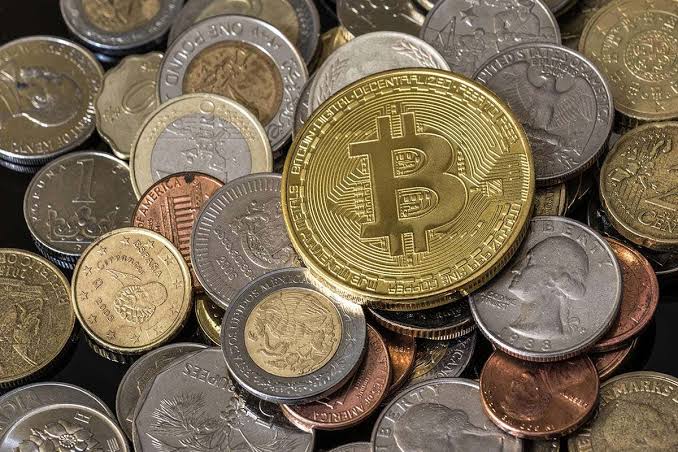Nigeria’s volume of crypto transactions experienced a 9% year-over-year growth, surging to a total of $56.7 billion during the period spanning July 2022 to June 2023.
According to a report by the New York-based blockchain research firm Chainalysis, the adoption of cryptocurrencies in Nigeria is on the rise.
This trend is occurring amidst the challenges faced by Africa’s largest economy, which include a depreciating currency and soaring inflation.
In contrast, Uganda, while smaller in crypto usage, demonstrated rapid growth, with a remarkable 245% increase in crypto transactions amounting to $1.6 billion within the same timeframe.
Meanwhile, Kenya witnessed a substantial decline, with crypto usage dropping by more than half to $8.4 billion, as outlined in the report.
Reasons for Nigerian’s interest in cryptocurrencies
Chainalysis points out that in Nigeria, the interest in bitcoin and stablecoins, which are crypto tokens anchored to stable assets to mitigate extreme price fluctuations, intensified significantly when the value of the naira experienced sharp declines.
These declines were particularly pronounced during the extreme market fluctuations witnessed in June and July of 2023.
This depreciation of the currency was precipitated by President Bola Tinubu’s implementation of sweeping reforms, some of the most ambitious seen in Nigeria in years.
These reforms included the discontinuation of a popular yet costly petrol subsidy and the removal of certain exchange rate restrictions.
Moyo Sodipo, co-founder of the Nigeria-based cryptocurrency exchange Busha, emphasized, “People are constantly looking for opportunities to hedge against the devaluation of the naira and the persistent economic decline since COVID.” This sentiment was shared in a statement accompanying the report, according to a Nairametrics report.
Regulation of Cryptocurrencies in Nigeria
It’s worth noting that Nigeria had previously imposed restrictions, barring its banks and financial institutions from engaging in or facilitating cryptocurrency transactions in 2021.
However, in the preceding year, the country’s financial regulatory body introduced a set of regulations about digital assets.
This move signalled Nigeria’s attempt to navigate a middle path between an outright ban on crypto assets and their unregulated use.
Nigeria’s tech-savvy, youthful population has eagerly embraced cryptocurrencies, utilizing options such as peer-to-peer trading on crypto exchanges as a means to circumvent the restrictions imposed by the traditional financial sector, as highlighted in the report.


